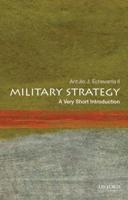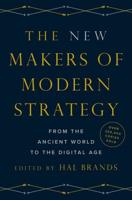Publisher's Synopsis
As the world moves further into the Information Age and the ensuing increased levels of globalization, the ability to harness all of the elements of national power in an integrated, coordinated, and synchronized manner will be even more critical for the United States to successfully defend itself. Gerstein argues that the United States as a nation is largely unprepared to reap the full benefits of the Information Age and unable to address an increasing threat level because its methods, procedures, and ways of thinking remain anchored to the Industrial Age that is rapidly being left behind. To understand and adapt to this emerging environment, the United States must re-examine the development and the implementation of national security strategy.
Gerstein examines the history of U.S. national security strategy, and he analyzes the results and conclusions of several capstone documents, including the National Security Strategy of the United States (2002), the Homeland Security Strategy of the United States (2002), the Commission of National Security/21st Century, and the 9/11 Commission Report. After evaluating the execution of U.S. national security strategy, Gerstein maintains that U.S. efforts today are more heavily weighted to the use of hard power-political, military, and intelligence resources-for achieving strategic goals and objectives. A strategy that incorporates more fully the elements of national power, including soft power such as economic, social, cultural, and informational capabilities will better serve the interests of the nation. In addition, Gerstein proposes a new way of looking at strategy. Typically, strategy has been defined as the linking of ways and means to achieve ends while mitigating risk. In the future, we must factor environment into any discussion.










